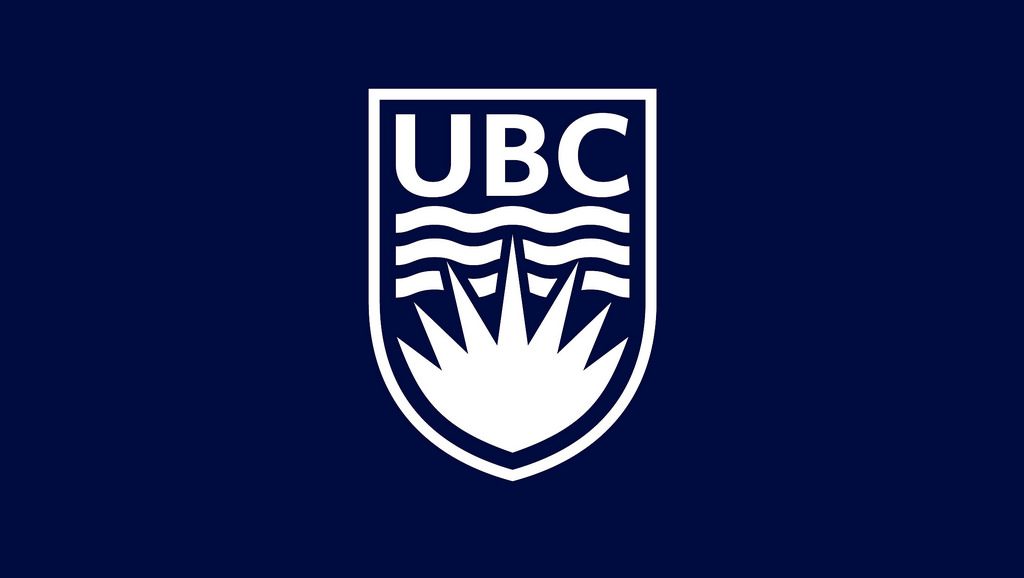Mars
-
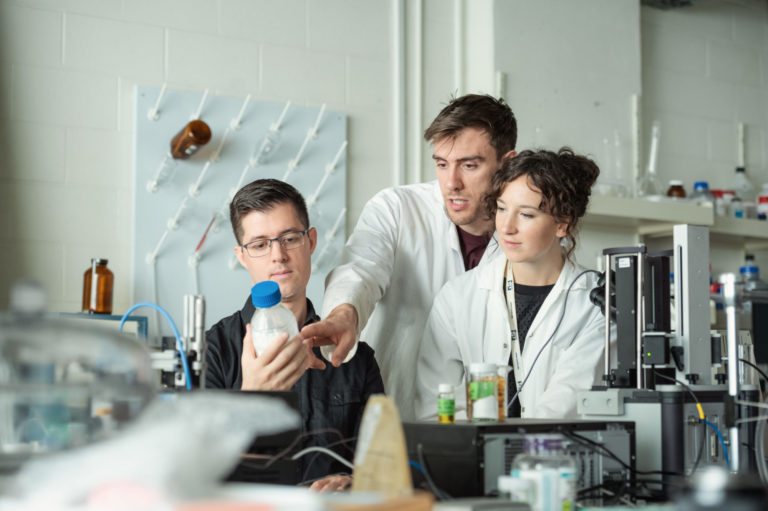
UBC research could help astronauts eat well on future Mars missions
If space is the final frontier, it’s food that will get us there in good shape, and UBC researchers are making sure that our food will be up to the task.
-
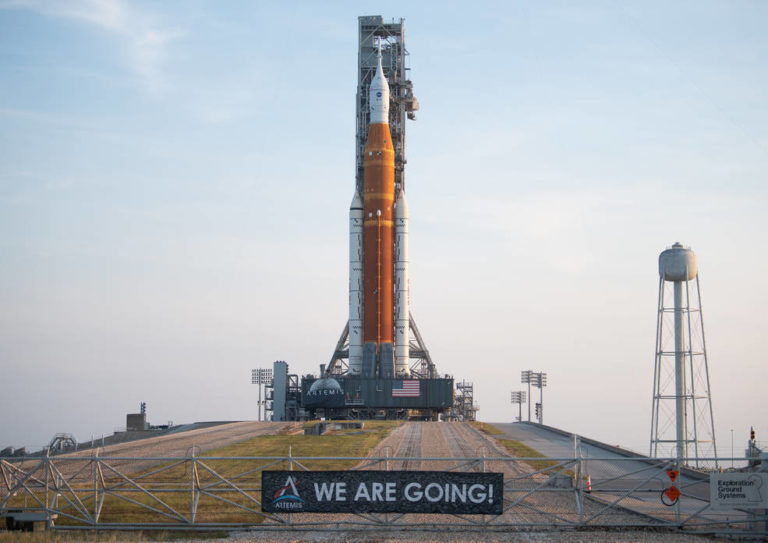
We’re heading to the moon and maybe Mars. So who owns them?
Humanity is set to make a return to the Moon with the Artemis program, in what NASA says is a first step to Mars. So, who gets first dibs?
-
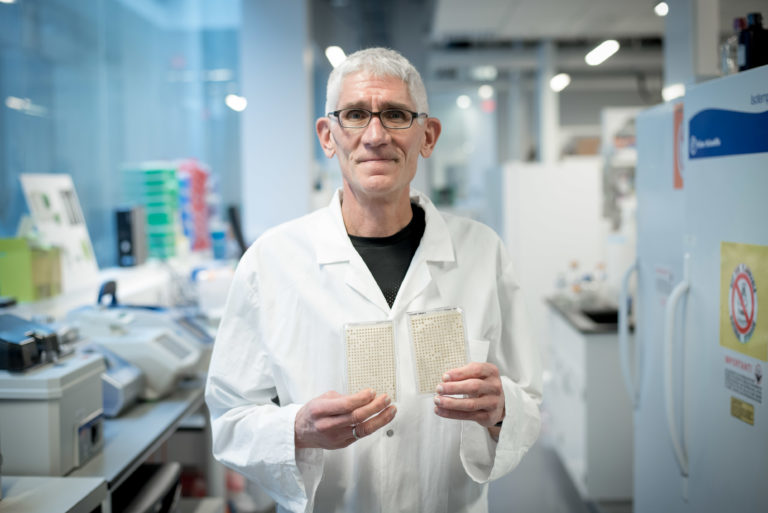
UBC scientist is sending yeast and algae to space on Artemis 1
UBC pharmaceutical sciences professor Dr. Corey Nislow is sending yeast and algae cultures into space, in a pod not much bigger than a shoebox, to study the effects of cosmic rays and near zero gravity on living organisms.
-
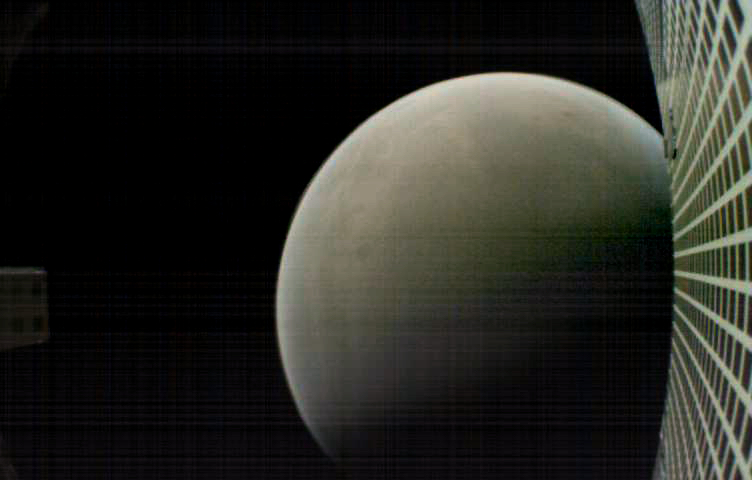
The lonely fate of a robot on Mars
Covered in the red dust that sealed its fate, the NASA InSight lander is slowly shutting down, more than 250 million kilometres from home.
-
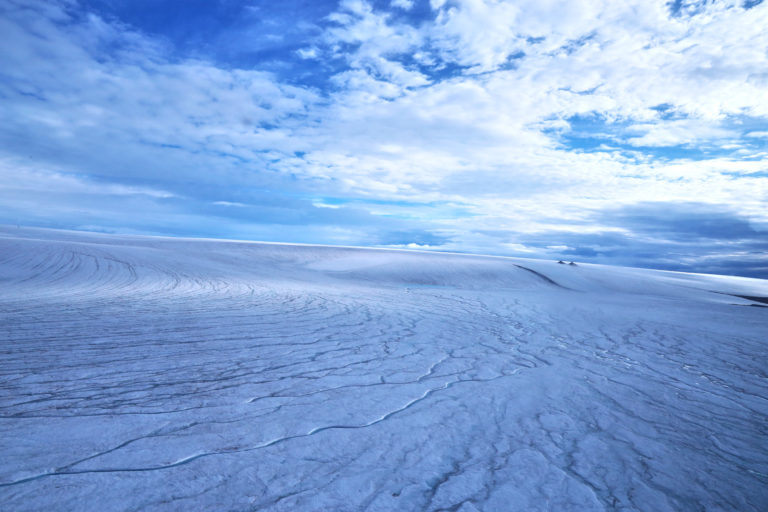
Early Mars was covered in ice sheets, not flowing rivers
A large number of the valley networks scarring Mars’s surface were carved by water melting beneath glacial ice, not by free-flowing rivers as previously thought, according to new UBC research.
-
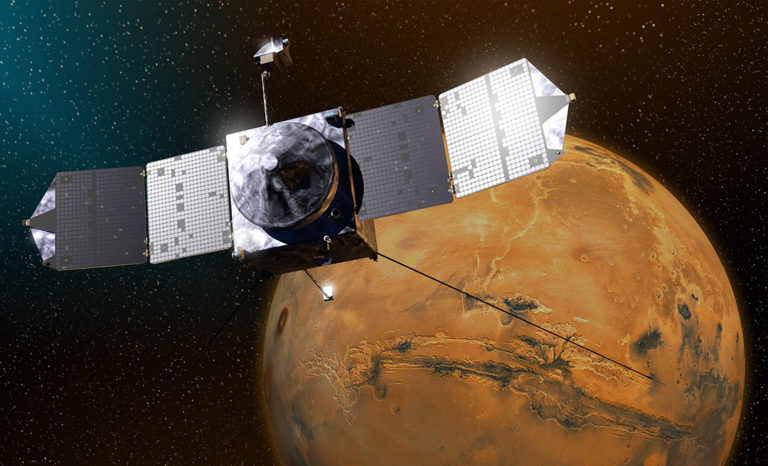
UBC researchers establish new timeline for ancient magnetic field on Mars
Mars had a global magnetic field much earlier—and much later—in the planet's history than scientists have previously known.
-
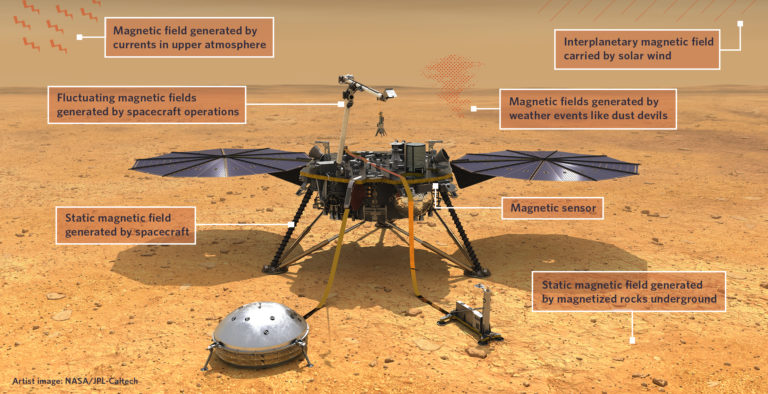
Magnetic field at Martian surface ten times stronger than expected
New data gleaned from the magnetic sensor aboard NASA’s InSight spacecraft is offering an unprecedented close-up of magnetic fields on Mars.
-
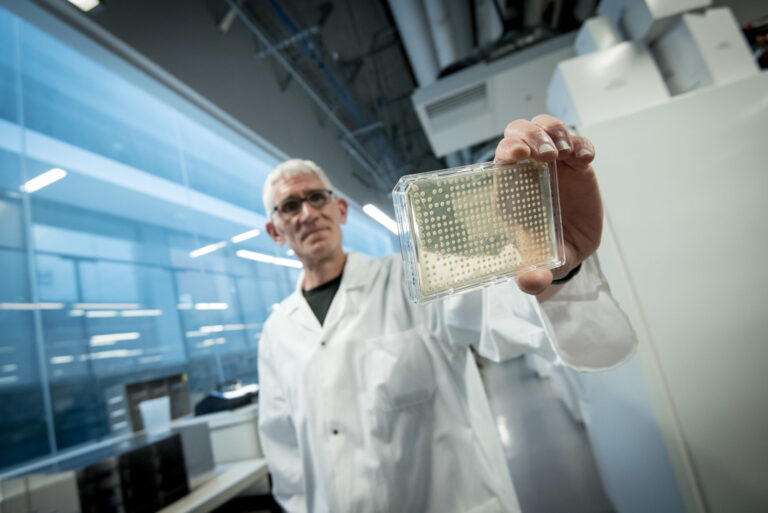
UBC researcher studies yeast to protect astronauts from space radiation
Corey Nislow is not an astronaut, but if humanity makes it to Mars safely, he will have played a vital role.
-
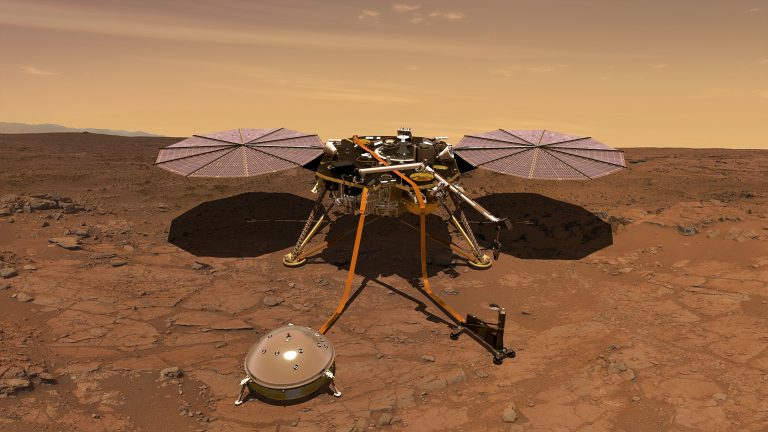
Mission to Mars: UBC professor part of NASA team launching lander
NASA plans to launch its Mars InSight lander from California on May 5 and UBC professor Catherine Johnson will be there in person to watch an idea– decades in the making– become a reality.
